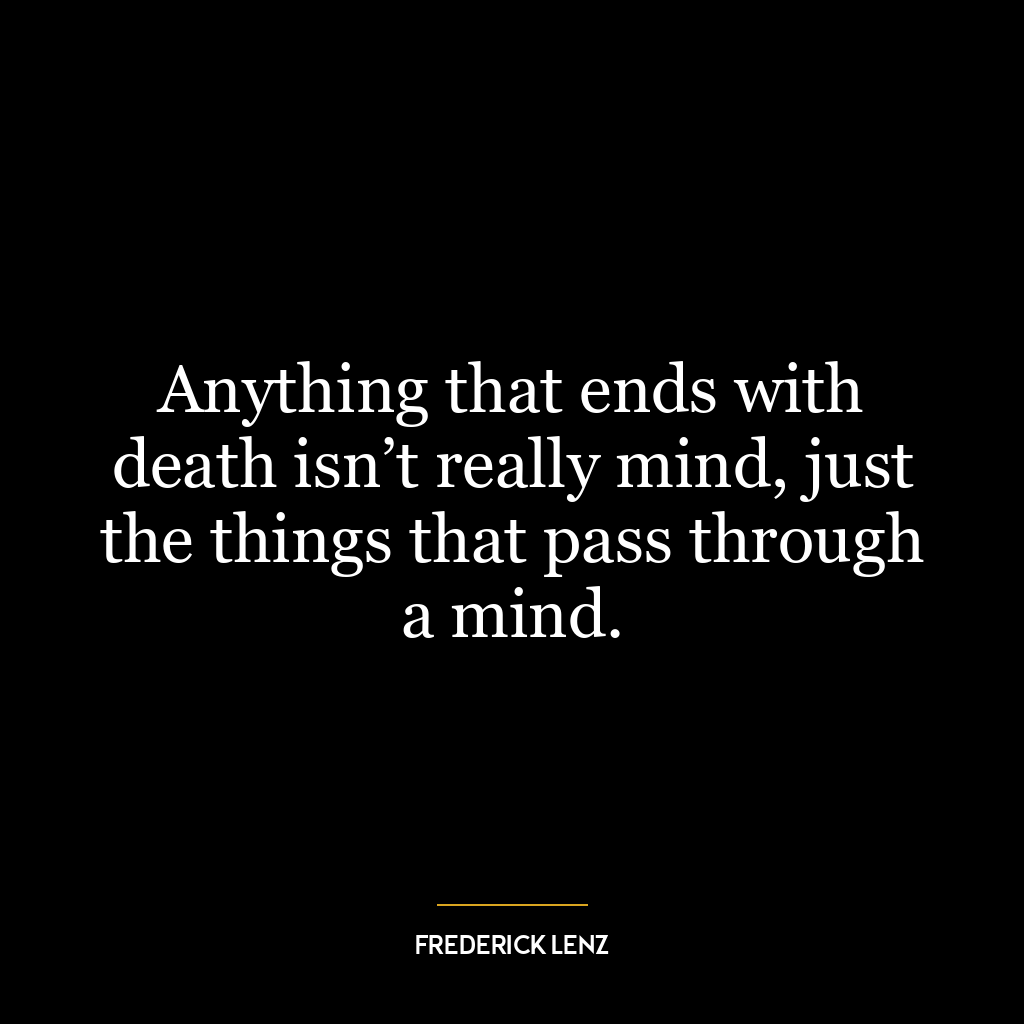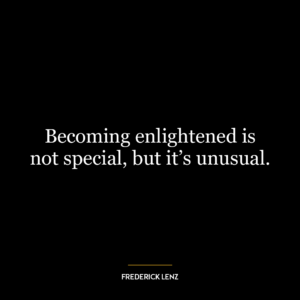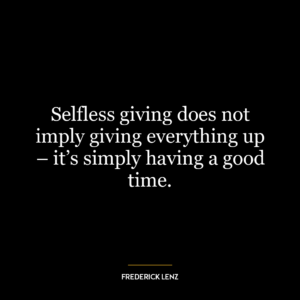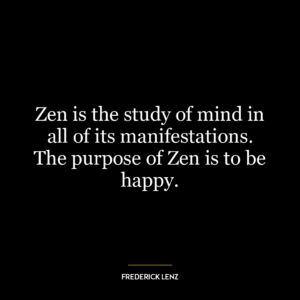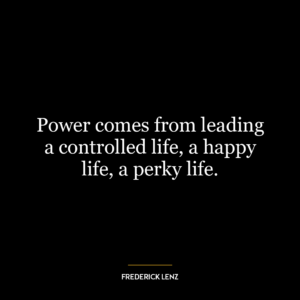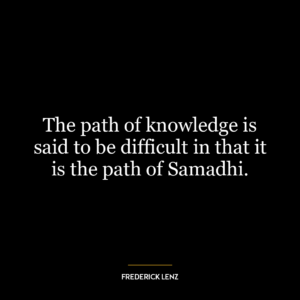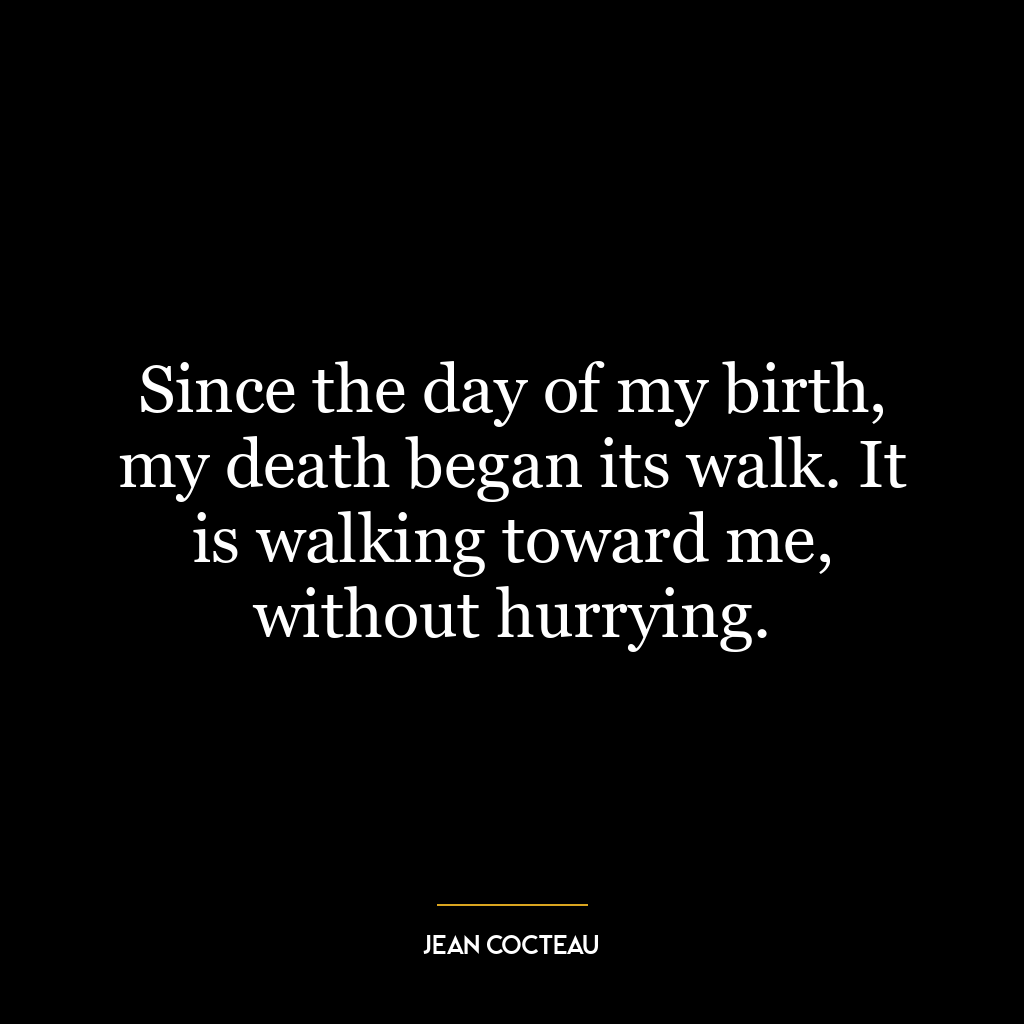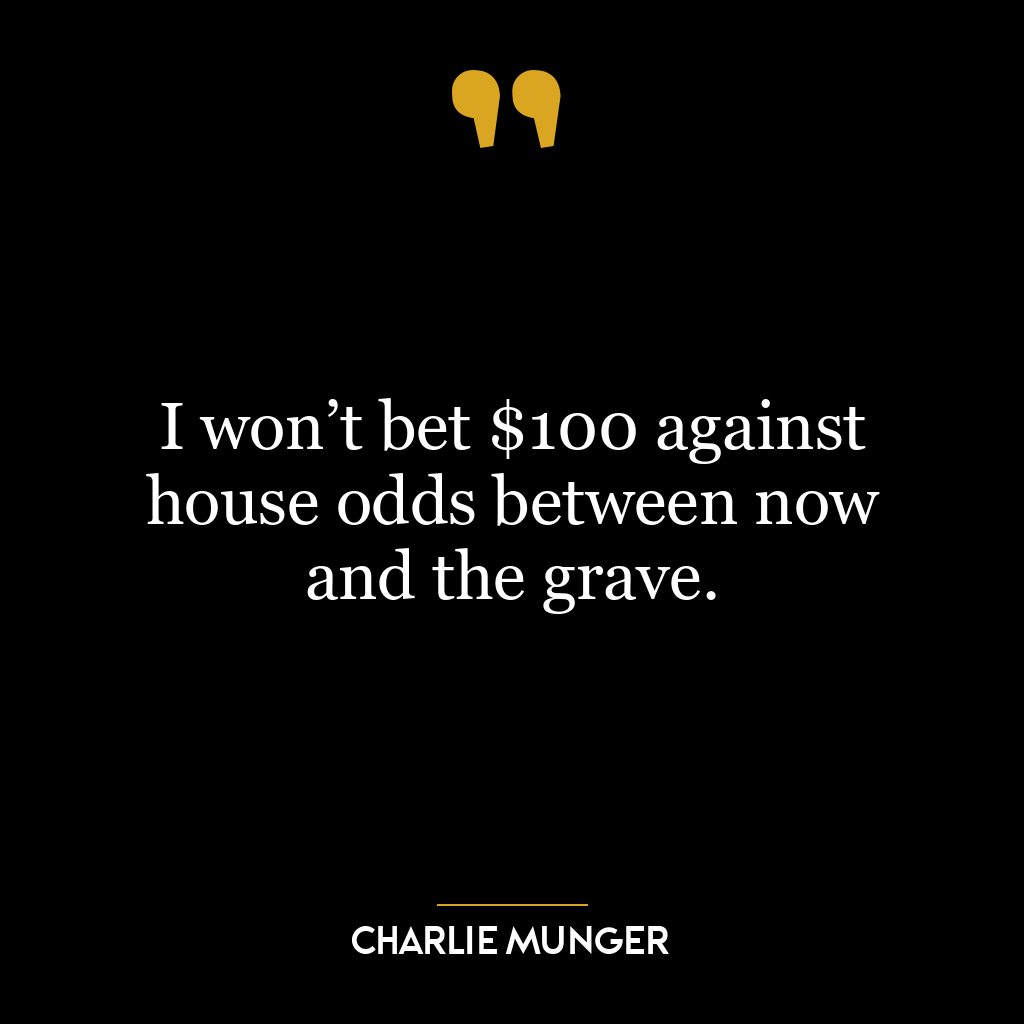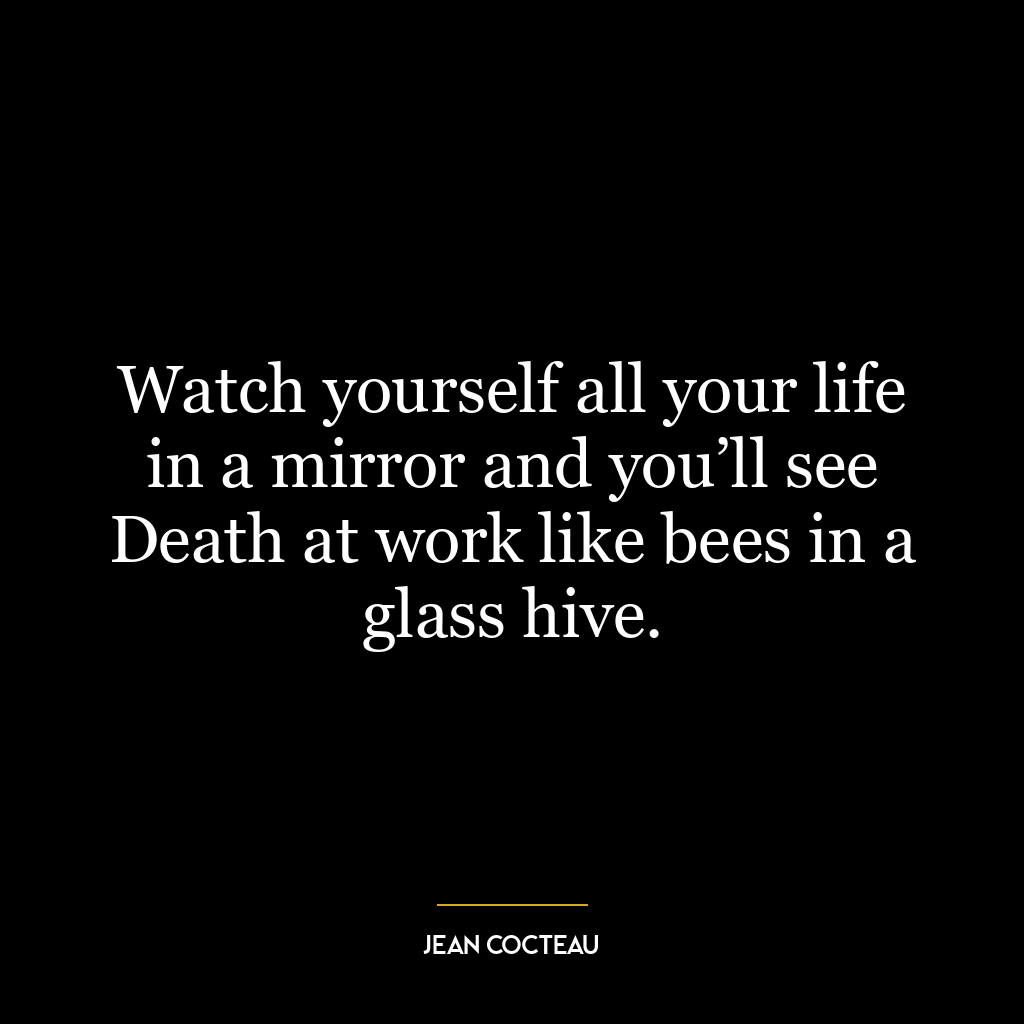Anything that ends with death isn’t really mind, just the things that pass through a mind.
This quote, “Anything that ends with death isn’t really mind, just the things that pass through a mind,” essentially argues that our mind is not defined by the physical and temporal limitations of our body. It suggests that our mind is a conduit, a channel through which experiences, thoughts, ideas, and emotions flow. These things that pass through our mind are not the mind itself, but merely transient entities that it perceives and processes.
The “things that end with death” could refer to our physical experiences and tangible possessions. In contrast, the “things that pass through a mind” could signify our thoughts, ideas, and emotions, which are intangible and not bound by physicality or mortality. Thus, the mind, according to this perspective, transcends physicality and mortality.
Applying this philosophy to today’s world or personal development, it could be a reminder to focus more on the intangible aspects of our existence, such as our thoughts, ideas, emotions, and consciousness, instead of being overly attached to the physical and temporal aspects. This could mean prioritizing mental health, intellectual growth, emotional maturity, and spiritual development over materialistic pursuits.
In the context of personal development, this idea encourages us to cultivate a growth mindset, which is the belief that our abilities and intelligence can be developed with effort, learning, and persistence. It suggests that we should not let failures or setbacks (which are temporary and mortal) define us, but rather, we should learn from them and grow.
Moreover, this philosophy can also be a call to live in the present moment, to be mindful of our thoughts and emotions as they come and go, without clinging onto them or being swept away by them. This mindfulness can lead to greater self-awareness, emotional regulation, and overall well-being.
In a broader societal context, this quote could inspire us to value and invest more in education, mental health, and other intangible assets that can enrich our mind and spirit, rather than merely focusing on economic growth and material wealth.

